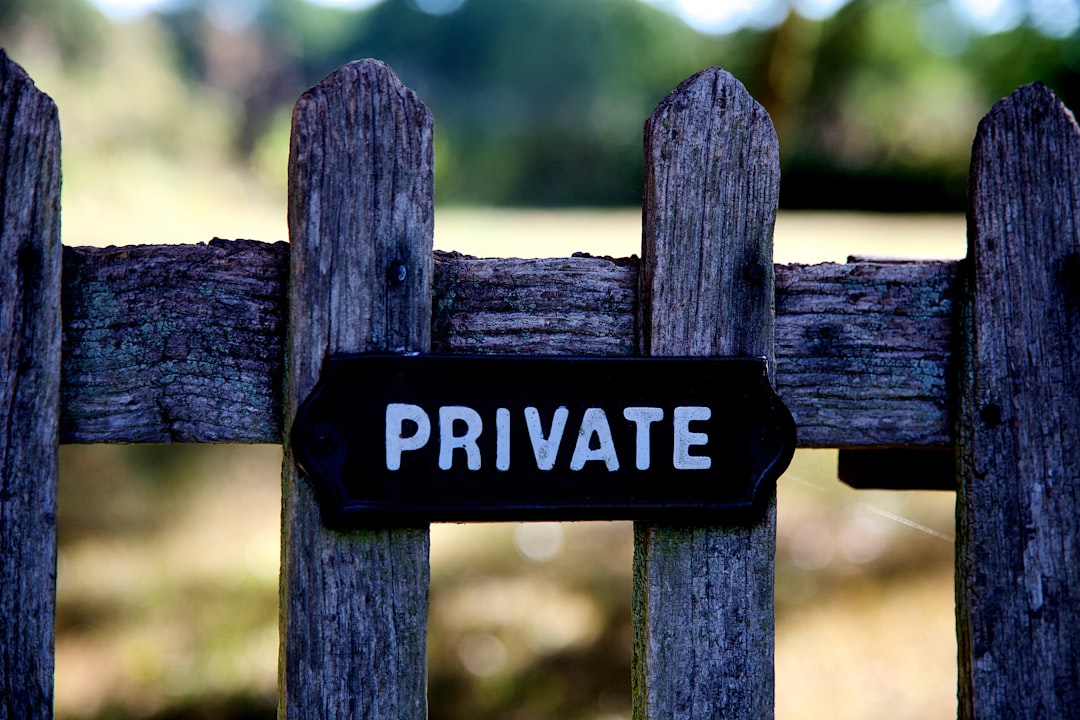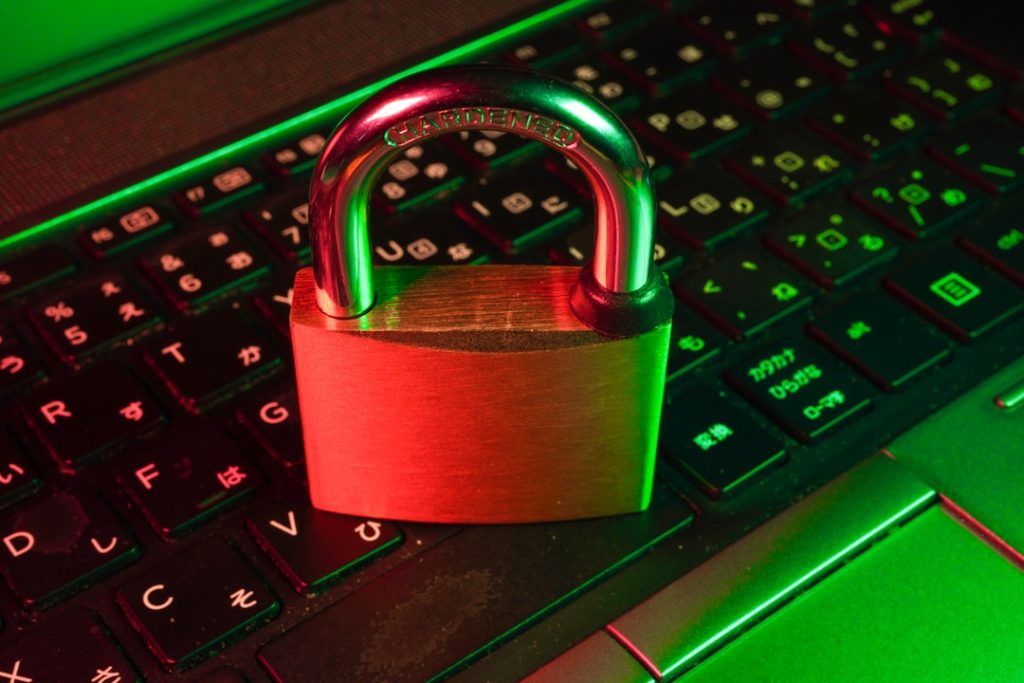Ever wondered if your university can peek through your VPN? You’re not alone. A lot of students use VPNs to add privacy or to sneak around some restrictions. But how much can your university really see? Let’s break it down in a fun and simple way.
A VPN (Virtual Private Network) is like a magic cloak for your internet. It hides what you’re doing online by encrypting your data. That means your school shouldn’t be able to see your specific actions, right? Well, sort of.
Let’s understand what a university can and can’t see when you’re on a VPN.
What the University CAN See
- You are using a VPN: They can see that you are connected to a VPN server.
- The time you connected: They can note when the VPN session started and ended.
- Your IP address: They know what device on their network created the VPN tunnel.
- Amount of data: They can track how much data you’re sending and receiving.

Think of it like this: If the internet was a library, a VPN is like wearing a hoodie and sunglasses. The librarian (your university) knows you walked in and that you’re reading books. But they can’t tell which books you’re reading.
What the University CANNOT See
- The websites you visit: Your VPN encrypts this part.
- Your search terms: They’re hidden inside the encrypted tunnel.
- Your messages or emails: Completely private (unless you’re doing weird stuff!).
- Streams, videos, and downloads: As long as you’re using the VPN correctly, it’s private.
Now, VPNs aren’t unbreakable shields. But they do a great job for most everyday things. Streaming, gaming, or even checking out funny memes – your university probably won’t know what you’re up to.
But Wait… There’s a Catch!
Some universities don’t like VPNs. They might block VPN traffic or slow it down. This is called VPN throttling. In some strict networks, they might even ban VPN use altogether.
They do this to:
- Keep bandwidth free for learning stuff
- Stop students from gaming or streaming all day
- Prevent cheating or accessing restricted content
So even if they can’t see what you’re doing inside a VPN, they may try to stop it from working altogether.
Can the University Know Which VPN You’re Using?
Possibly. If you’re using a well-known VPN service, its server IPs may be on a public list. The school can spot this and say, “Hey, this IP belongs to ExpressVPN or NordVPN.” But still, they won’t know what you’re doing inside that tunnel.
So, Is It Safe to Use a VPN on Campus?
Mostly yes! As long as VPNs aren’t banned by your school’s policies, using one is a great way to protect your privacy. Just remember:
- Choose a trustworthy VPN provider
- Don’t do anything illegal or extremely suspicious
- Follow your school’s internet rules (or at least know the limits!)
And if your university blocks VPNs, there are stealth VPNs or obfuscated servers you can try. These are like super spies – they hide that you’re even using a VPN!
Final Thought
So, can your university see through your VPN? Nope, it can’t read what you’re doing. But it can tell that you’re using one. If you’re just trying to secure your Wi-Fi or watch a cat video in peace, you’re golden. Just make sure you’re not breaking any local rules!
Surf smart, stay safe, and keep learning. Or gaming. Or messaging. That’s your business – not the school’s!



